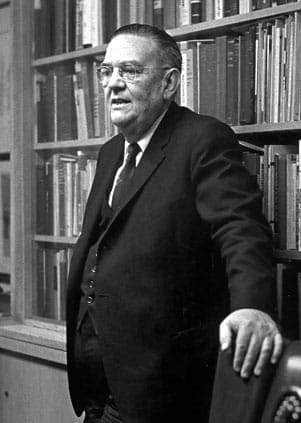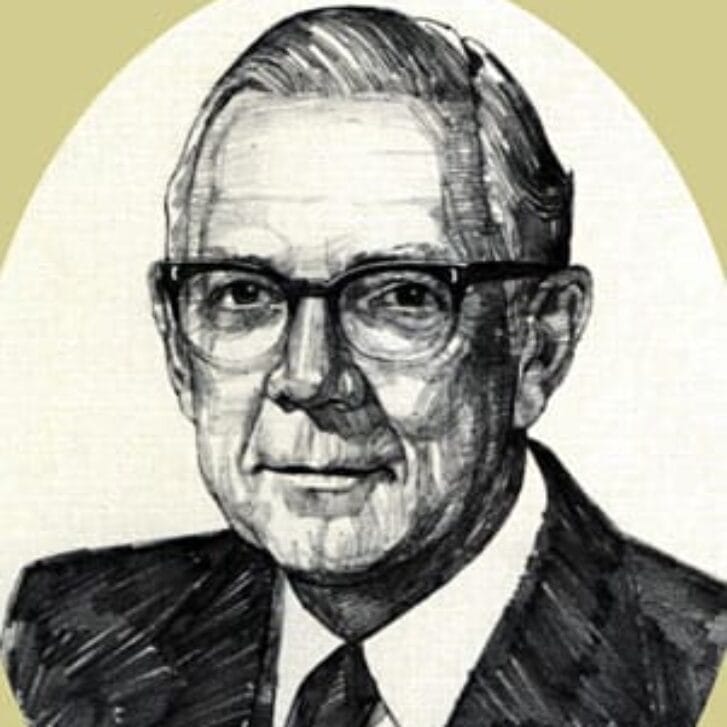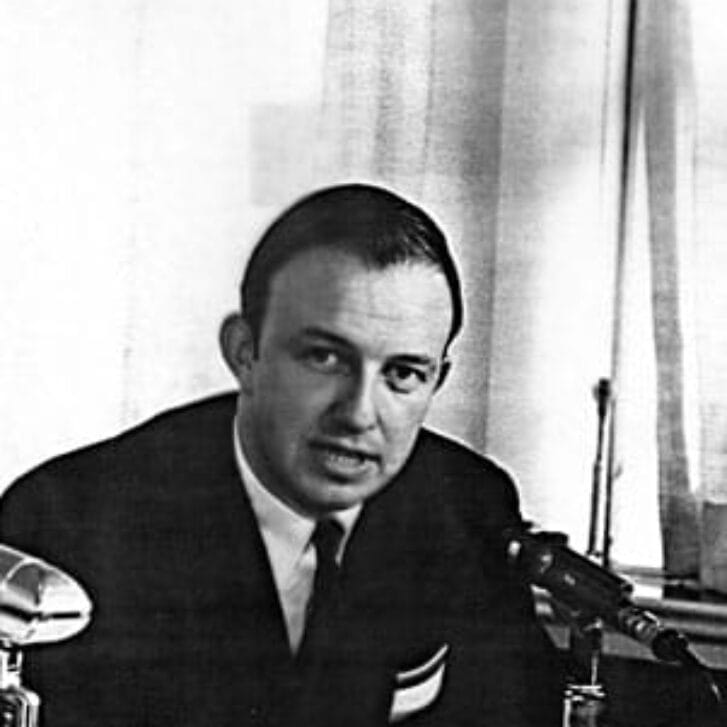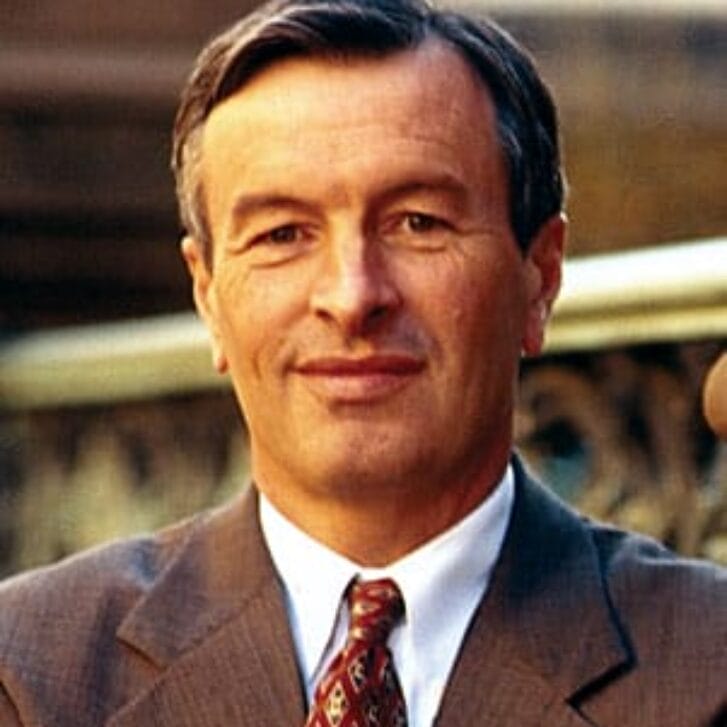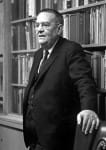 Often called the Industrial Peacemaker, Wharton faculty member George Taylor left behind a legacy of leadership in the field of labor and industrial relations. Taylor created a whole new discipline with his work in labor arbitration, mediation, and other sophisticated forms of alternative dispute resolution.
Often called the Industrial Peacemaker, Wharton faculty member George Taylor left behind a legacy of leadership in the field of labor and industrial relations. Taylor created a whole new discipline with his work in labor arbitration, mediation, and other sophisticated forms of alternative dispute resolution.
Taylor, as a young scholar in his 20s, had written his Wharton PhD dissertation on labor relations in the hosiery industry before becoming one of the most influential members of the Industrial Research Department. When the Aberle Hosiery Mills strike erupted, the industry appointed him “impartial chairperson,” allowing him to put his IRD research on collective bargaining into practice. The strike was the first of 2,000 he would settle.
A staunch believer in the equality of the parties in collective bargaining, Taylor served for more than 40 years at Wharton, at the same time playing a critical role as the nation’s “Father of American Arbitration.” Despite his often quoted statement that he “had chalk in his veins” and hated to leave the classroom, Taylor nonetheless served as labor adviser to five U.S. Presidents—Roosevelt, Truman, Eisenhower, Kennedy, and Johnson—as well as a counselor and adviser to numerous U.S. Secretaries of Labor.
“Beneath all his work there lay a strong long-run moral purpose born of his complete honesty,” said Wharton’s Joseph Willits of Taylor. “He used to advise students: ‘Never let failure go to your head.’ Likewise, Dr. Taylor never let success go to his head, either.” In 1995, Taylor was posthumously inducted into the U.S. Labor Hall of Fame in a ceremony at the U.S. Department of Labor. He died in 1972.




















